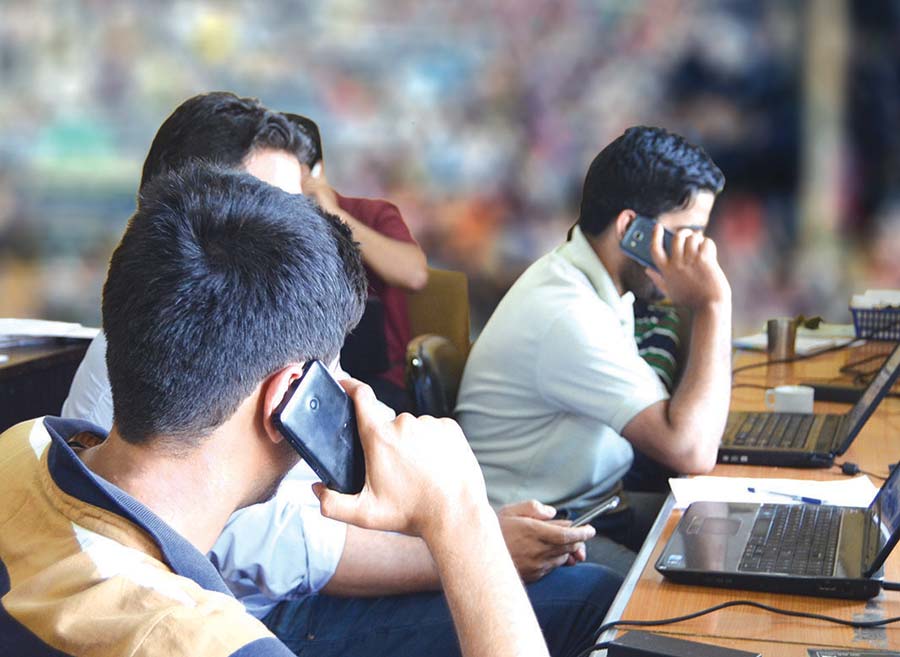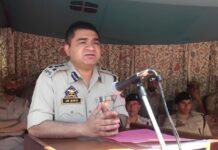KL NEWS NETWORK
SRINAGAR

Amnesty International India chapter issued a statement regarding the media gag by J&K Government. The statement is being reproduced here verbatim
The suspension of phone and internet services in the Kashmir valley is enabling a range of human rights violations.
Since 9 July, when widespread protests broke out in Kashmir following the killing of a leader of the Hizbul Mujahideen armed group, private landline, mobile and internet service providers have suspended their services in large parts of Jammu and Kashmir on orders from state authorities. Only services provided by the state-run telecommunications company, BSNL, are functional in many areas.
One order issued by the Jammu and Kashmir police, which Amnesty International India accessed, referred to some of the restrictions as a ‘preventive measure to avoid any law and order problems and passing of rumours by miscreants/anti national elements’.
While authorities have a duty to protect the safety of people, they also have an obligation to respect and protect human rights.
Blanket and indefinite suspensions of telecommunications services do not meet international human rights standards. These shutdowns affect the ability of phone and internet users in Kashmir to seek, receive, and impart information, which is an integral part of the right to freedom of expression.
The restrictions on access to telephones, in particular, jeopardize a range of other human rights as well, including the right to life.
Local newspapers have reported that residents have been unable to reach medical assistance in cases of emergencies. Abdul Hameed, a relative of an injured person from Islamabad district, who is at the Shri Maharaja Hari Singh Hospital in Srinagar, told Amnesty International India, “We are in the hospital for the past nine days and we have not been able to contact our families back home. It’s unfortunate that at the time when we need the communication services the most, the state blocks it.”
Bashir Ahmad, a relative of an injured person from Kulgam district, who is at the Bone and Joint Hospital in Srinagar said, “The government has issued helpline numbers, but can they kindly explain how we can contact anyone for help when they have blocked phone services.”
Some people have said that they have been unable to reach out to friends and relatives to tell them that they are safe, following clashes between protestors and security forces, further increasing tensions and feelings of insecurity.
Amnesty International India has accessed a letter from two telecom industry bodies to the Union Ministry of Communications asking for restrictions on voice services to be lifted. The letter, written by the Cellular Operators Association of India and the Association of Unified Telecom Service Providers on 15 July, states, “We submit that complete shutdown of telecom network would lead to further anxiety in general public people and therefore voice services should not have been barred.”
Shutting down communications networks means that the government cannot itself also use these networks to disseminate important information to people.
The UN Special Rapporteur on freedom of expression and other global human rights experts have stated that shutting down entire parts of communications systems can never be justified under international human rights law.
The Jammu and Kashmir government must immediately lift the wide-ranging restrictions on mobile and internet services imposed in the state. Any restrictions must always be limited in duration and scope, demonstrably necessary and proportionate for a legitimate purpose defined under international law, and subject to review and appeal, including to courts.















